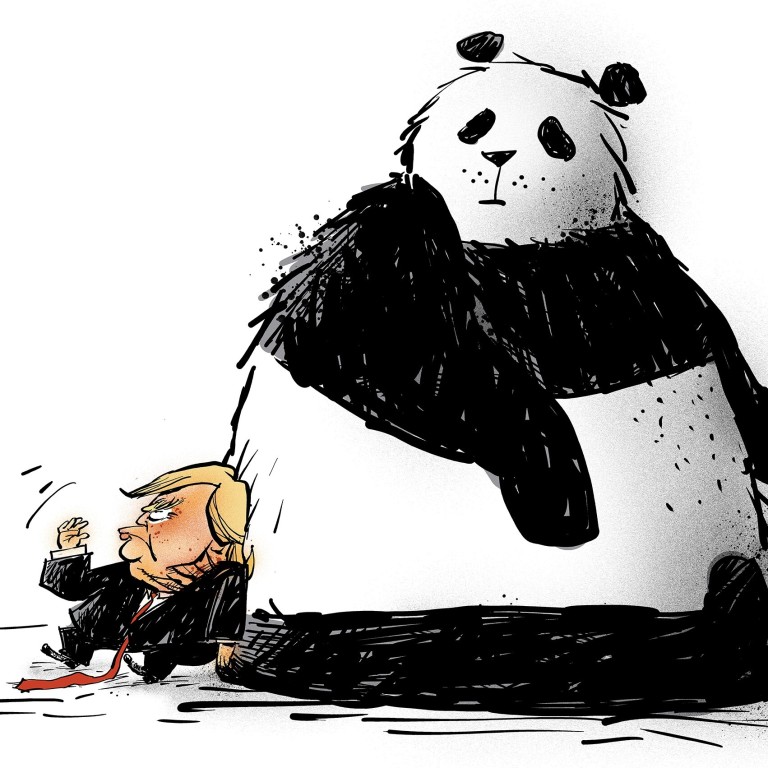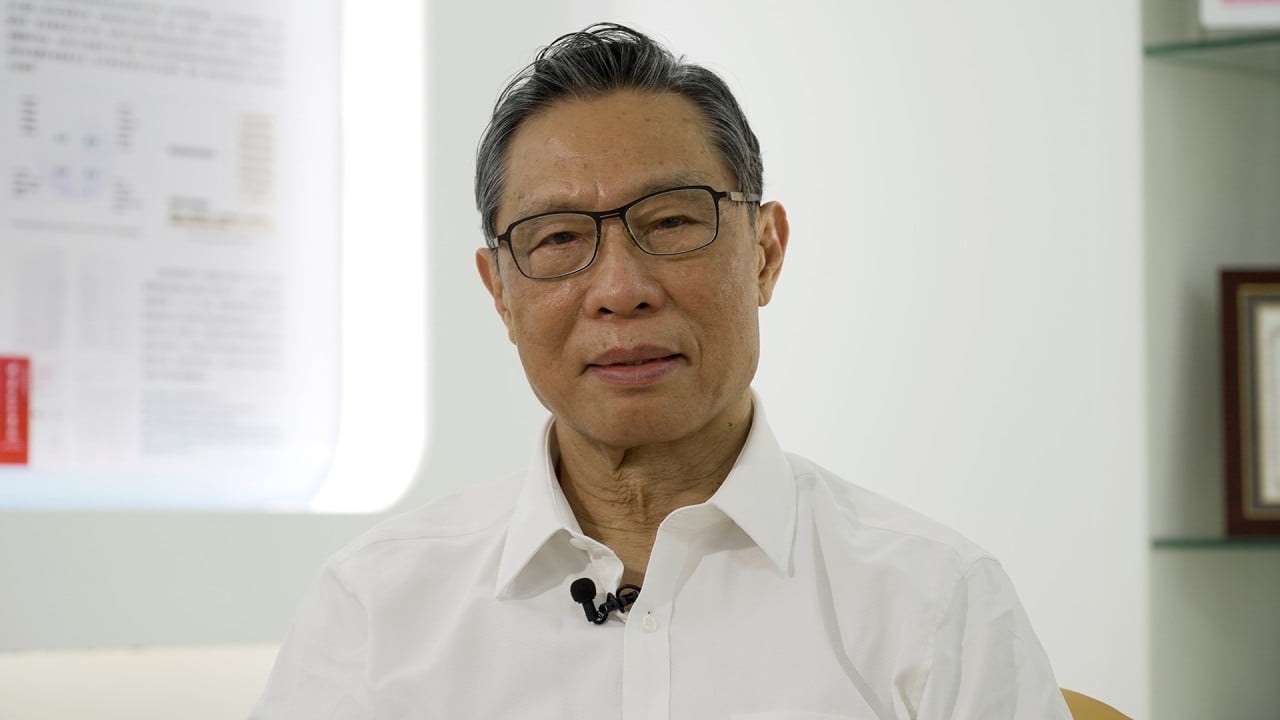
Why the new US ‘China scare’ is big on pressure, short on vision
- Given how intricately integrated China is into the international economic order, a global anti-Beijing axis of ‘democracies’ is unrealistic. Meanwhile, Chinese people’s satisfaction with their government has only increased
- More positive outcomes may be achieved by engaging and partnering with China
Gone are hopes that China could become a “responsible stakeholder” in a US-led global order. Its alleged trade malpractices, technological and military advances, foreign policy assertiveness, and perceived regime repressiveness, have inflamed a McCarthyist “China scare”.
There is a lurking belief that “communist” China harbours a secret long-term strategy to replace the United States as the global superpower. Accordingly, China must be pushed back across the board, regardless.
The US apparently hopes to decouple from China and derail its strategic advances on multiple fronts. But such no-holds-barred tactics against China seem strong on pressure, but short on vision, apart from being irrational, ineffective, and counterproductive.
China has become much more fully integrated domestically and less dependent on the Asian regional value chain, which is increasingly dependent on China’s intermediate technology. Meanwhile, the world’s exposure to China has increased as domestic consumption now contributed 76 per cent of China’s economic growth.

Meanwhile, China has become the largest trading partner for 124 countries, compared to 56 for the US. While some are hedging against China’s ascendancy, the vast majority do not want to choose between China and the US. The idea of forming a global anti-Beijing axis of “democracies” doesn’t appear realistic.
Asian states face stark choice in threat of China-US military clash
As for the South China Sea, it is vital to China’s international trade and access to essential commodities. It is in China interest to keep it free and open while vehemently defending its security.
A major prong of US pushback seems to be demonising, delegitimising and hopefully toppling the Chinese Communist Party. This, however, is a serious misreading of China.
With memories of China’s “century of humiliation”, no-holds-barred bullying is only succeeding in rallying Chinese people’s support for the party. The Chinese people are mindful of the country’s achievements and how their lives have changed for the better. Watching Western democracies, they are not persuaded that copying them is the only route to regime legitimacy.
Why the ‘US good, China evil’ view misses the mark in the real world
China was the first to recover from the coronavirus pandemic. Comparing management of the pandemic, including preservation of human lives, the Chinese people regard their government as no less, if not more, legitimate than Western democracies, particularly the US.

05:49
Chinese respiratory disease expert Zhong Nanshan criticises US’ Covid-19 response
Robin Wright in an op-ed column in The New Yorker on July 29 explains why “Trump will never win his new Cold War with China”. China is no USSR. It is the second-largest economy, intricately woven with the world economically.
As frenzied China-bashing seems irrational, ineffective, counterproductive and lacking a viable endgame, why is the US pursuing it? The US seems to be in denial that a Communist Party government of an alien civilisation, however successful, could play a prominent role in a US-led liberal world order.
Close Uygur camps, dial back ‘wolf warriors’: how China can win support
Overcoming this denial calls for fresh thinking. Coupled with principled pushback, more positive outcomes may be achieved by engaging and partnering with China. Jointly, international trade could be better managed. Global institutions including the World Trade Organisation, World Health Organisation, IMF and the World Bank could be overhauled. Cooperation could tackle cybersecurity, terrorism, nuclear proliferation, climate change and space exploration.
The South China Sea could become calmer through joint management of natural resources. The Taiwan Strait could be stabilised through cooperative trade, investment, scientific and research and civic exchange. China’s society could become more open and liberal as a result.

02:32
Washington’s hardened position on Beijing’s claims in South China Sea heightens US-China tensions
An intensifying all-out cold war with China benefits no one. After all, maximum pressure is no substitute for achievable vision.
Andrew K.P. Leung is an independent China strategist

